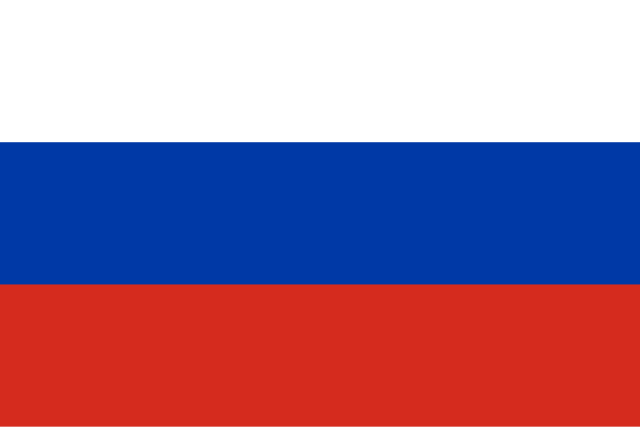Centrifugal vs Reciprocating Compressors: Key Differences & Seize Air’s High-Efficiency Solutions
Industrial operations rely heavily on air compressors to power critical processes, but selecting the right type—centrifugal compressor or reciprocating compressor—can make or break efficiency, costs, and productivity. As a leading manufacturer of industrial air compressor systems, Seize Air specializes in high-efficiency compressors and custom compressor design to meet diverse industry demands. In this guide, we compare these two technologies and explain how Seize Air compressor solutions deliver unmatched performance.

What is a Centrifugal Compressor?
A centrifugal compressor uses a rotating impeller to accelerate air radially, converting kinetic energy into pressurized air. This dynamic compression method ensures smooth, continuous airflow, making it ideal for large-scale applications requiring steady, high-volume output.
Key Advantages
- High efficiency: Optimized for continuous operations in industries like chemical processing, HVAC, and power generation.
- Low maintenance: Fewer moving parts reduce wear and downtime.
- Quiet operation: Minimal vibration and noise pollution.
Limitations
- Higher upfront investment.
- Less effective for low-capacity or variable demands.
What is a Reciprocating Compressor?
A reciprocating compressor operates via piston-cylinder action, compressing air through positive displacement. It delivers high-pressure output in intermittent cycles, making it suitable for smaller operations like automotive repair, refrigeration, and oil/gas applications.
Key Advantages
- Cost-effective: Affordable upfront costs for SMEs.
- High-pressure output: Ideal for short-duration, high-intensity tasks.
- Flexibility: Adapts well to variable load requirements.
Limitations
- Frequent maintenance due to wear-prone components.
- Noise and vibration during operation.
Centrifugal vs Reciprocating Compressors: Critical Comparison
Efficiency & Application Fit
- Centrifugal compressors excel in large-scale, continuous operations (e.g., energy plants) due to their energy-efficient design.
- Reciprocating compressors thrive in smaller, intermittent-use settings (e.g., workshops) where high pressure is prioritized over constant airflow.
Maintenance & Costs
- Centrifugal: Lower long-term costs despite higher initial investment. Minimal upkeep extends lifespan.
- Reciprocating: Affordable upfront but higher maintenance expenses over time.
Noise & Space
- Centrifugal systems operate quietly and fit compact layouts, ideal for noise-sensitive environments.
- Reciprocating units are louder and may require vibration dampening.
Why Choose Seize Air Compressor Solutions?
At Seize Air, we engineer industrial air compressors that blend innovation, reliability, and sustainability:
1. Cutting-Edge Technology
- Centriforce Series: Oil-free centrifugal compressors with ISO-certified durability for harsh environments.
- PowerPiston Series: Robust reciprocating compressors featuring advanced cooling systems for peak performance.
2. Custom Compressor Design
- Tailor airflow, pressure, and size to your operational needs.
- Hybrid solutions for industries with mixed demand cycles.
3. Energy Efficiency & Sustainability
- High-efficiency compressors reduce energy consumption by up to 30%, lowering carbon footprints and operational costs.
4. Global Support Network
- 24/7 technical assistance and rapid spare parts delivery worldwide.
Conclusion: Optimize Your Workflow with Seize Air
Choosing between centrifugal compressors and reciprocating compressors depends on your industry’s scale, budget, and operational demands. Seize Air compressor solutions stand out with their high-efficiency compressors, customizable designs, and unwavering reliability. Whether you’re powering a chemical plant or a small workshop, our ISO-certified systems ensure peak performance and cost savings.
Ready to upgrade your operations? Contact Seize Air today for a custom compressor design tailored to your needs!

 English
English
 Chine
Chine
 Russia
Russia
 France
France
 Spain
Spain
 Arab
Arab